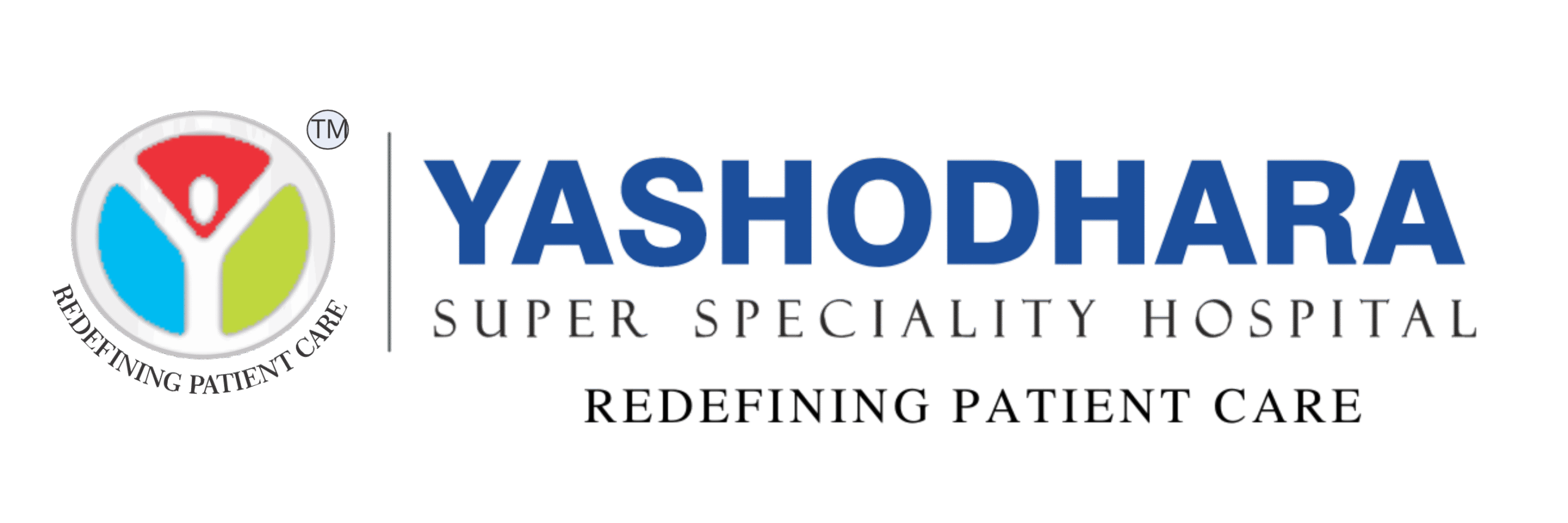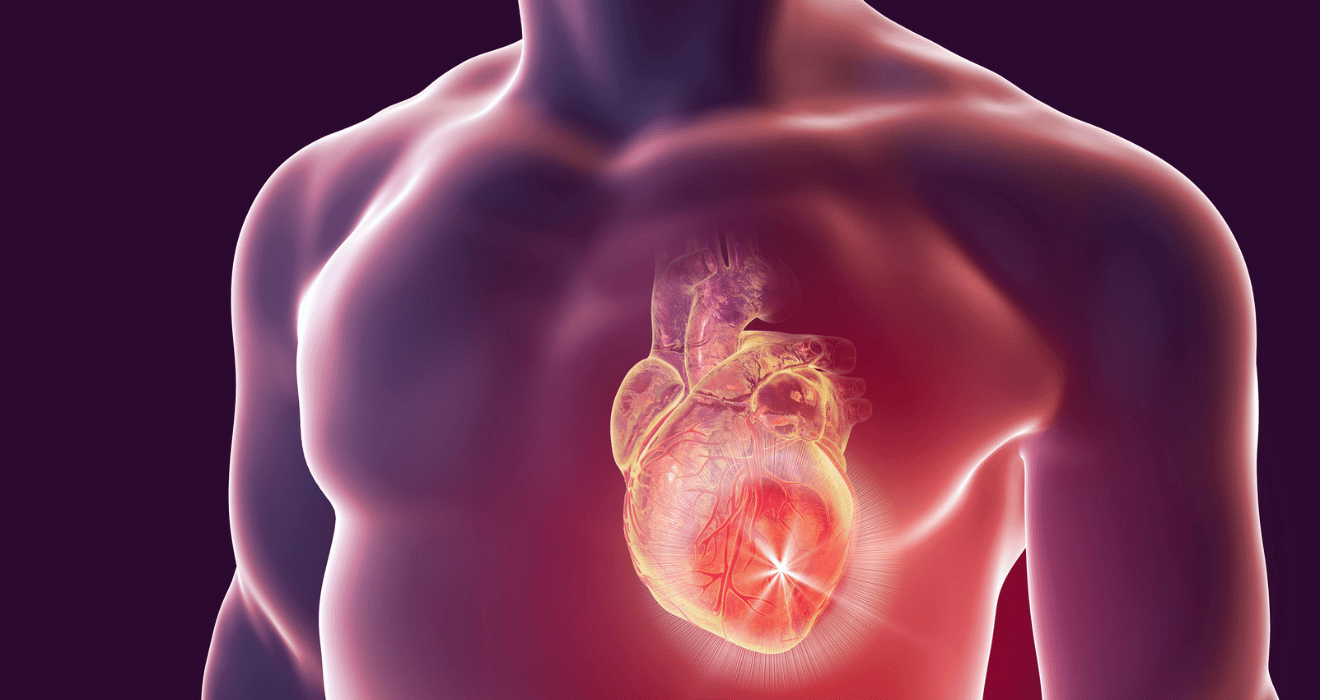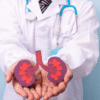Early Signs of a Heart Attack You Should Never Ignore
Heart disease is one of the leading causes of death in India and across the world. In Solapur and nearby districts, cases of heart attack are rising due to changing lifestyles, stress, and lack of preventive care. The tragedy is that many lives could be saved if people recognized the early warning signs of a heart attack and sought immediate medical help.
In this article, we’ll explain the subtle and obvious symptoms, why they occur, who is at risk, and when to visit a cardiologist in Solapur for a check-up.
What Is a Heart Attack?
A heart attack (myocardial infarction) happens when blood flow to part of the heart is blocked, usually by a blood clot or build-up of plaque in the coronary arteries. Without oxygen-rich blood, the heart muscle begins to die, leading to serious complications or even sudden death if not treated quickly.
At Yashodhara Super Speciality Hospital, Solapur, our Cardiology Department led by experienced consultants like Dr. Pritesh Pawar (Consultant Cardiologist), is equipped with 24×7 emergency facilities, Cath Lab, and ICU support to handle such emergencies promptly.
Why Recognizing Early Signs Matters
- Golden Hour: Treatment within the first hour can save heart muscle and reduce damage.
- Better Recovery: Patients treated early often recover faster with fewer complications.
- Prevent Sudden Death: Many heart attacks are silent or atypical, but early recognition can save lives.
Early Signs of a Heart Attack
1. Chest Pain or Discomfort
- The most common symptom.
- Feels like pressure, tightness, squeezing, or heaviness in the center or left side of the chest.
- May last more than a few minutes or come and go.
👉In Solapur, many patients ignore chest pain as “gastritis” or “acidity.” If you have risk factors like diabetes, smoking, or family history, never ignore chest pain.
2. Pain in Other Parts of the Body
Heart attack pain may radiate to:
- Left arm, shoulder, or back
- Jaw, neck, or even teeth
- Upper stomach (sometimes confused with acidity)
3. Shortness of Breath
- Can occur with or without chest pain.
- Often described as sudden breathlessness while resting or doing mild activity.
This is a critical sign that needs immediate cardiology evaluation.
4. Unexplained Sweating
- Sudden cold sweats, clammy skin, or feeling faint.
- Particularly concerning when combined with chest discomfort.
5. Nausea, Vomiting, or Indigestion-like Feeling
- Especially common in women, elderly patients, and diabetics.
- Patients may confuse it with gastric trouble and delay treatment.
6. Extreme Fatigue or Weakness
- Feeling unusually tired without exertion.
- Can occur days or weeks before a heart attack, especially in women.
7. Lightheadedness or Dizziness
- May indicate reduced blood flow to the brain due to poor heart pumping.
- Sometimes accompanied by fainting.
8. Silent Heart Attacks
- Common in diabetics and elderly.
- No chest pain – only mild symptoms like breathlessness, sweating, or weakness.
- Detected only through ECG or 2D Echo.
Who Is at Risk of a Heart Attack?
Certain groups are more prone to heart attacks:
- People above 40 years, especially men
- Diabetics and hypertensive patients
- Smokers and alcohol users
- Overweight/obese individuals
- Family history of heart disease
- Sedentary lifestyle and high stress levels
👉 If you fall into any of these groups, consider getting a Preventive Heart Check-up Package at Yashodhara Super Speciality Hospital, Solapur.
When to See a Doctor Immediately
Seek emergency care if you notice:
- Persistent chest discomfort > 5 minutes
- Chest pain with sweating and breathlessness
- Sudden fainting, dizziness, or extreme fatigue
📞 Call Yashodhara Hospital’s 24×7 Emergency Line: 9096662523 for immediate help.
Diagnosis of a Heart Attack
At Yashodhara Hospital, we use advanced diagnostic tools:
- ECG (Electrocardiogram) – detects heart rhythm changes
- Cardiac Enzymes (Blood Test) – confirms heart muscle damage
- 2D Echo – checks pumping efficiency
- Coronary Angiography – identifies blocked arteries
Treatment Options
- Thrombolysis: Medicine to dissolve clots (given within 3 hours).
- Angioplasty & Stenting: Opening blocked arteries in our Cath Lab.
- Bypass Surgery (CABG): For multiple or complex blockages (available at Unit 2).
- Medications: Blood thinners, statins, beta-blockers, etc.
- Cardiac Rehabilitation: Lifestyle counseling, diet plans, and physiotherapy.
Prevention Is the Best Cure
- Eat a balanced, low-salt, low-oil diet.
- Exercise at least 30 minutes daily.
- Quit smoking and alcohol.
- Control BP, sugar, and cholesterol with regular check-ups.
- Get a Comprehensive Heart Check-up Package (₹3350 offer) at Yashodhara Hospital.
FAQs on Heart Attack
Q1. Can women have different symptoms than men?
Yes. Women may experience nausea, back pain, fatigue, and shortness of breath rather than severe chest pain.
Q2. How quickly should I reach a hospital?
Within the golden hour (first 60 minutes) of symptoms. Delays can cause permanent damage.
Q3. Can a healthy person get a heart attack?
Yes. Even without risk factors, stress or genetic predisposition can cause sudden cardiac events.
Q4. What tests should I do if I’m over 40?
ECG, lipid profile, BP check, blood sugar, and 2D Echo once a year.
Q5. Is angioplasty safe in Solapur?
Yes. At Yashodhara, angioplasties are performed 24×7 by experienced interventional cardiologists using modern Cath Lab technology.
Conclusion
A heart attack is not always dramatic. It can begin with mild symptoms like fatigue, sweating, or jaw pain. Recognizing these early warning signs and seeking immediate cardiology care in Solapur can save lives.
At Yashodhara Super Speciality Hospital, Unit 2, our expert team led by Dr. Pritesh Pawar is available round the clock with state-of-the-art Cath Lab, ICU, and cardiac rehabilitation facilities.
Don’t ignore your heart health. Click here to book your Heart Check-up today.


